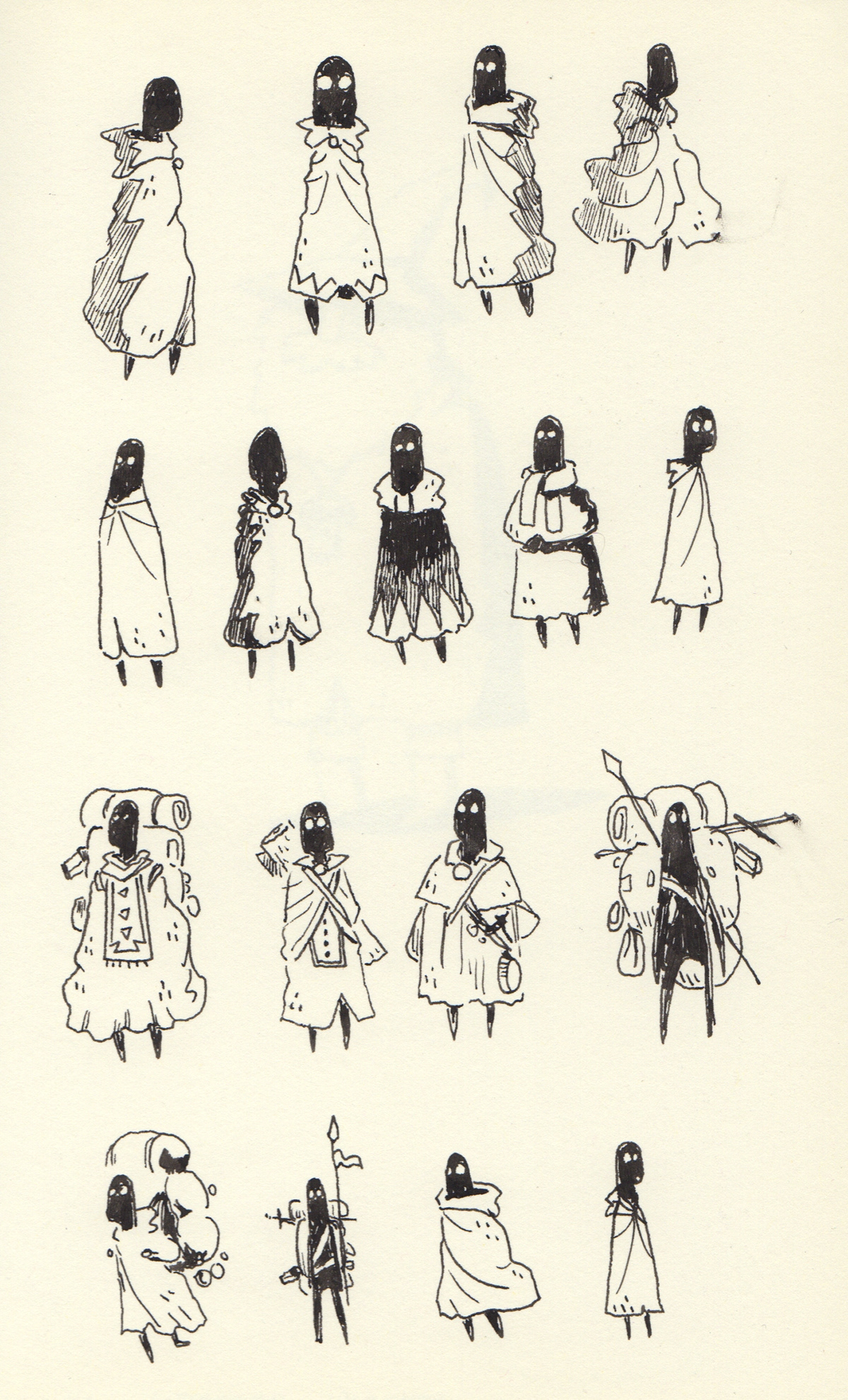


Kanwar grows up to become a truck driver and develops a fine camaraderie with her doting father who now wants to marry her off.

It speaks of Umber Singh’s manic obsession for a male heir to carry on his bloodline and how it wrecks the lives of his close ones, especially of Kanwar (Tilottama Shome), his fourth-born whose entire life is ‘manufactured’, manipulated, designed and dictated by her father’s for a male heir. The second story of displacement is incredible in its inhumanity and brutality. The first involves the forced displacement of Umber Singh (Irrfan Khan), a Sikh, and his family as a consequence of the religious violence following the Partition of India in 1947. Qissa, in fact, tells two stories of displacement. Placing the story of the film in a broader perspective, one can see a glimmer of the universal tragedy that Partition can bring about, not only in the lives of people affected by such geographical and political schisms but also in their ideology and their way of thinking. Their forced displacement is one of the main sources of inspiration for Qissa. Singh, a FTII graduate was born in Dar-Es-Salaam in Tanzania into a Punjabi Sikh family where his grandfather had migrated during the Partition. “The story and script jointly done by Madhuja Mukherjee and me flows along and invites the audience to jump into the flow and participate in the story,” says director Anup Singh about Qissa. As in that form of narration, it gets into transgressions and interventions, sometimes unpredictable, sometimes open-ended, and sometimes closed. Qissa is an Arabic word which means ‘folk tale.’ Qissa: The Tale of a Lonely Ghost is a film that presents a certain form of folk storytelling exemplified through tragic love legends like Heer-Ranjha, Laila-Majnu and so on.


 0 kommentar(er)
0 kommentar(er)
